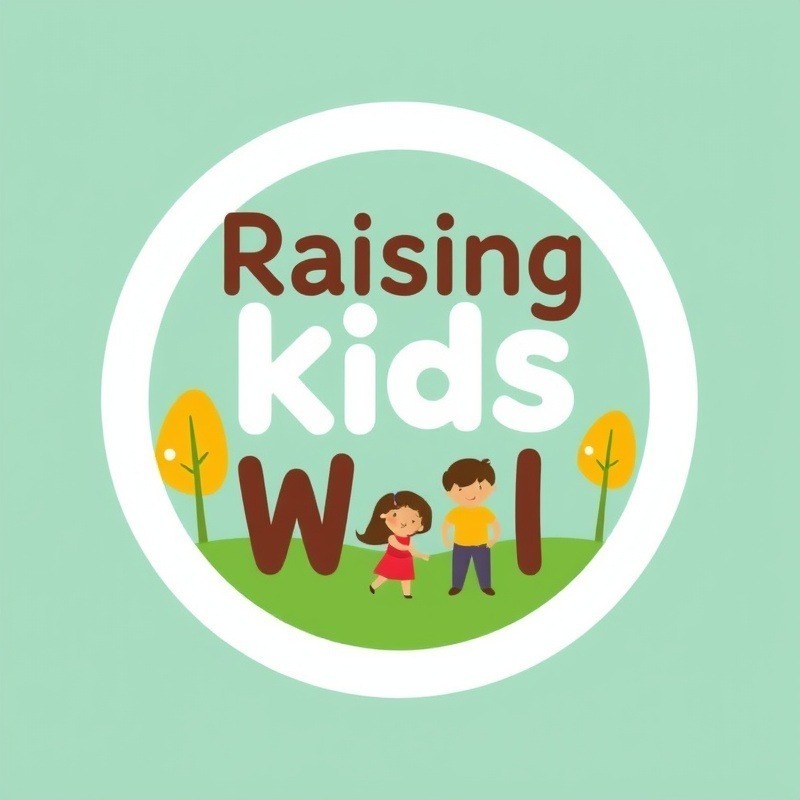
The Silent Struggle After a Loss
As a parent, witnessing your child’s disappointment after a sports loss can feel like walking a tightrope. Just last weekend, I sat in silence as my daughter returned from a soccer game, crestfallen after missing a crucial penalty kick. The weight of her disappointment was palpable in the car, making the ride home feel even heavier. Knowing how to respond in these delicate moments is vital, as our reaction can shape our child’s view not only of that game but of sports itself and their broader emotional health. How we engage them post-game builds resilience, introduces necessary coping mechanisms, and fosters a love for the sport.
Before the Whistle Blows: Setting a Positive Tone
Encouragement and support begin long before the game. In the car on the way to the field, words matter. Rather than spurring excitement with phrases like, 'Win for us!', delve into the aspect of effort. Phrases like, 'I’m excited to see how hard you’ll play today' help shift the focus from the outcome to the enjoyment of playing. This reframing lowers the pressure on the young athlete and promotes a healthy mindset.
In the Aftermath: The Importance of Holding Space
After a match, especially when defeat hits hard, it’s crucial to create a space where emotions can be expressed. Instead of launching into advice, validate their feelings by simply saying, 'That was really tough.' This shows them that their emotions are understood and normalized. It’s in these quiet moments that we can truly connect with our children, and sometimes, a simple hug can communicate far more than any words could.
Transforming the Car Ride: Rituals for Resilience
The car ride home has the potential to either uplift or dampen a child’s enthusiasm for the sport. Instead of forcing conversation about the game, allow them to lead. Ask if they’d prefer silence, or if they want to share their thoughts. Another approach is creating simple rituals after games, such as stopping for ice cream or indulging in their favorite songs during the ride. This consistency reinforces the notion that their worth is not tied to their performance on the field.
Reflecting for Growth: Finding Lessons in Loss
By the next day, emotions usually settle, making it a fitting time for productive reflections. Ask open-ended questions like, 'What did you enjoy during the game?' or 'What can we improve next time?' This encourages a focus on progress rather than failure. Highlighting moments of effort can shift their mindset from self-doubt to growth. Sharing your own stories of setbacks also helps in fostering connection; knowing that parents have experienced similar challenges can normalize these feelings for them.
Keys to Fostering Resilience
Building resilience in young athletes doesn’t end with a single conversation—it’s an ongoing journey. A few strategies can aid in this endeavor:
- Focus on Effort: Praise their hard work rather than just the game outcome.
- Encourage Team Support: Resilient teams uplift each other, promoting camaraderie.
- Promote a Growth Mindset: Teach children to view losses as learning experiences, not failures.
- Encourage Goal Setting: Small, achievable goals can help redirect focus to personal growth and improvement.
- Validate Emotions: Always allow space for their feelings, and let them know it’s okay to feel disappointed.
The Ripple Effect of a Positive Approach
Ultimately, how we teach our children to deal with losses influences their self-esteem and well-being. These moments are not just about the game; they serve as life lessons. When children learn to embrace setbacks, they become resilient not just in sports, but in life. This fosters a love for sports that’s built on enjoyment and personal growth rather than pressure.
As the parent of a budding athlete, take this opportunity to create ongoing conversations about resilience, learning, and of course, love for the game. Together, let’s turn their defeats into stepping stones toward success. After all, every champion has their story of struggle, and nurturing our children through theirs is the greatest win of all.
 Add Row
Add Row  Add
Add 



Write A Comment